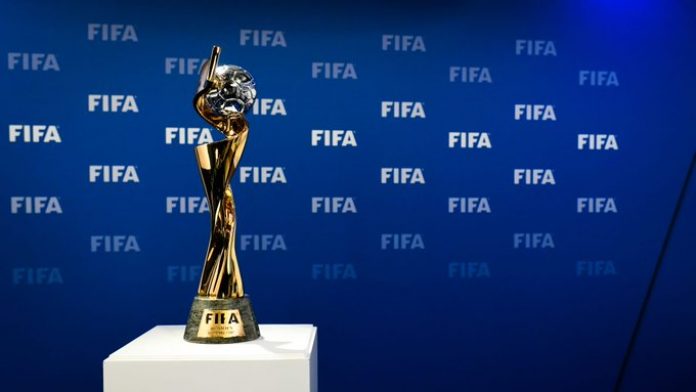Australia and New Zealand have been awarded the hosting rights for the FIFA 2023 Women’s World Cup.
The FIFA Council voted to award the ninth edition of the Women’s World Cup to the trans-Tasman bid during an online meeting.
It had been considered the front-runner in the bid race, having received the higher score of 4.1 in the FIFA evaluation report published earlier this month.
Colombia, the only other contender, scored 2.8 in the evaluation report and obtained 13 votes.
In the evaluation report, the Australia and New Zealand bid was praised for its commercial potential in particular.
“The Australia/New Zealand 2023 bid provides a variety of very good options in terms of sporting and general infrastructure,” the report said.
“It would also appear to present the most commercially favourable proposition, taking into consideration the financial commitments made by the Governments of both countries towards the operational costs of the tournament.”
The report acknowledged that a joint bid between two countries could be a “more complex undertaking”, however.
The tournament is now set to be the first cross-Confederation hosted World Cup and the first ever Women’s World Cup in the Asia-Pacific region.
Thirty-two teams will also feature in the tournament for the first time.
It has been proposed to hold the competition from July 10 to August 20, with the opening game set to take place in Auckland’s 50,000-seat Eden Park and the final in Sydney’s 70,000-capacity Stadium Australia.
Up to eight venues have been proposed in Australia, with five in New Zealand.
Australian Prime Minister Scott Morrison and New Zealand’s Prime Minister Jacinda Ardern were both heavily involved in the bid race, with both leaders featuring in the final presentation to the FIFA Council.
New Zealand Football President and FIFA Council member Johanna Wood, Football Federation Australia President Chris Nikou, Australia captain Sam Kerr and New Zealand captain Ali Riley were also in the virtual presentation.
It had been reported in the run-up to the announcement that voting may have swung in Colombia’s favour, but ultimately it was decided that it was the weaker bid.
The evaluation report found that “a significant amount of investment and support from both local stakeholders and FIFA” would be necessary to improve the Colombian bid.
The South American Football Confederation and the Colombian Football Federation (CFC) later took issue with the evaluation report, accusing FIFA of making “erroneous and discriminatory conclusions.”
Brazil and Japan had also been involved in the bid race, but both withdrew in recent months.
France staged the last edition in 2019, when the United States lifted the trophy for the fourth time.
By Nancy Gillen-InsideTheGames











